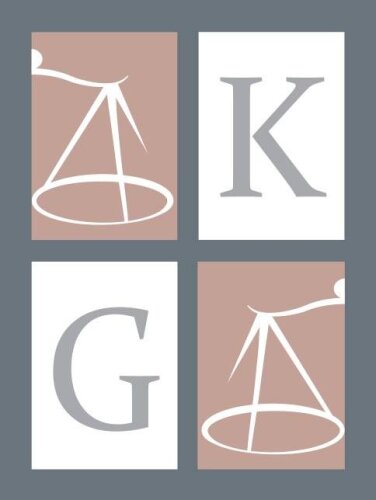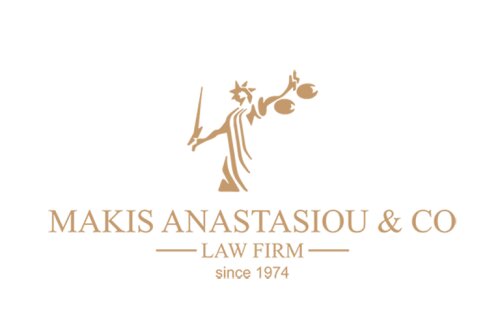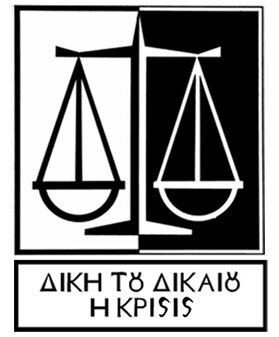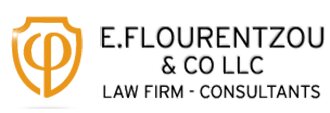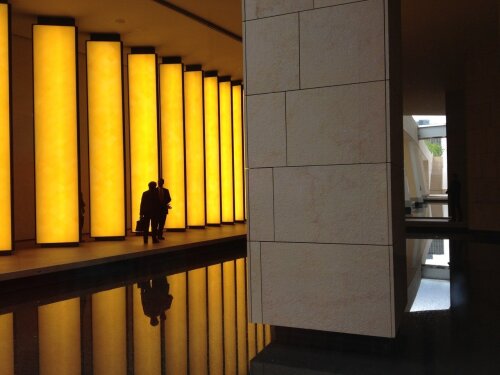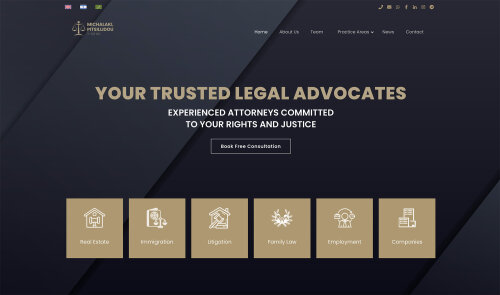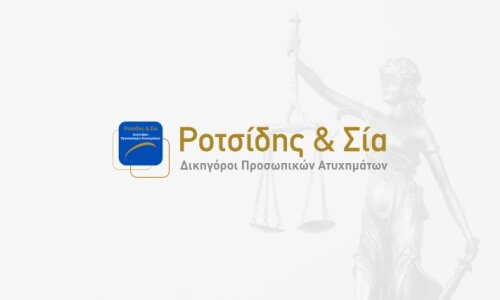Best Premises Liability Lawyers in Cyprus
Share your needs with us, get contacted by law firms.
Free. Takes 2 min.
Or refine your search by selecting a city:
List of the best lawyers in Cyprus
About Premises Liability Law in Cyprus
Premises liability in Cyprus refers to the legal responsibility of property owners and occupiers to ensure the safety of guests on their premises. This area of law deals with injuries or damages that occur as a result of unsafe or defective conditions on someone’s property. The principles of premises liability in Cyprus are rooted in the duty of care required by property owners to prevent harm to visitors. This encompasses a wide range of scenarios, from slip-and-fall accidents to injuries caused by negligent security or maintenance.
Why You May Need a Lawyer
Legal assistance can be crucial in several common scenarios related to premises liability in Cyprus, such as:
- If you've suffered an injury on someone else's property due to unsafe conditions and are pursuing compensation for medical expenses, lost wages, or pain and suffering.
- If you're a property owner facing a legal claim from an injured party who alleges negligence or failure to uphold safety standards.
- If you're dealing with insurance companies that are attempting to minimize their liability or deny your claim.
- If you need helping navigating the complexities of local laws and understanding your rights or obligations under those laws.
Local Laws Overview
Key aspects of local laws regarding premises liability in Cyprus include:
- Duty of Care: Property owners must maintain a safe environment for visitors. This duty is heightened for businesses and commercial entities that invite the public onto their premises.
- Types of Visitors: The law distinguishes between invitees, licensees, and trespassers, with varying duties of care owed to each group. Owners owe the highest duty of care to invitees.
- Negligence and Liability: Proving a premises liability claim typically involves demonstrating that the property owner was negligent in maintaining the premises, leading directly to the injury.
- Contributory Negligence: In Cyprus, the victim’s own negligence that contributed to the accident may reduce the amount of compensation awarded.
- Statute of Limitations: Individuals must file a premises liability claim within a specific timeframe from the date of the accident to be eligible for compensation.
Frequently Asked Questions
What is considered a “premises liability” case in Cyprus?
Any legal case involving injuries resulting from defects or unsafe conditions on another's property falls under premises liability, including slip and falls, insufficient security, or inadequate maintenance.
Who can file a premises liability lawsuit?
Any individual who suffers an injury due to the unsafe conditions of another's property may have grounds to file a premises liability lawsuit, depending on their status as invitees, licensees, or trespassers.
What damages can I recover in a premises liability case?
Potential damages include medical expenses, lost wages, pain and suffering, and other related costs stemming from the injury.
How do I prove negligence in a premises liability case?
You must show that the property owner failed to maintain safe conditions, which directly resulted in your injury, and that they knew or should have known about the hazard.
What if I was partially at fault for my injury?
Even if you were partially responsible, you might still recover damages, though the compensation may be reduced based on your level of fault.
Are landlords liable for injuries on rental properties?
Landlords may be liable if the injury occurred due to their failure to repair known hazards or maintain the property properly.
How long do I have to file a claim?
Typically, you have a specific statutory period from the date of the accident to file a premises liability claim, usually within 3 years, but this can vary.
Can a trespasser sue for injuries sustained on private property?
While the duty owed to trespassers is generally lower, there may be circumstances where a property owner can be liable for wilful or wanton harm.
Will my case go to court?
Many cases are settled out of court, but if a fair settlement is not reached, it may proceed to trial.
Do I need to hire a local lawyer?
Having a lawyer familiar with Cypriot premises liability law can be beneficial in navigating the legal process, negotiating with insurers, and seeking a fair outcome.
Additional Resources
Several organizations and resources can provide guidance on premises liability issues in Cyprus:
- Cypriot Bar Association: Offers resources and information on finding legal representation.
- Insurance Companies: Consult your insurance provider for specific guidance on claims related to premises liability.
- Consumer Protection Service: Offers information and assistance on rights related to safety standards in business premises.
Next Steps
If you find yourself needing legal advice or assistance on premises liability issues in Cyprus, consider the following steps:
- Consult a lawyer who specializes in premises liability to evaluate your case.
- Gather any evidence of the incident, including photographs, witness statements, and medical records.
- Contact your insurance provider to understand your coverage and file a claim.
- Ensure legal proceedings are initiated within the statutory period to preserve your right to compensation.
Lawzana helps you find the best lawyers and law firms in Cyprus through a curated and pre-screened list of qualified legal professionals. Our platform offers rankings and detailed profiles of attorneys and law firms, allowing you to compare based on practice areas, including Premises Liability, experience, and client feedback.
Each profile includes a description of the firm's areas of practice, client reviews, team members and partners, year of establishment, spoken languages, office locations, contact information, social media presence, and any published articles or resources. Most firms on our platform speak English and are experienced in both local and international legal matters.
Get a quote from top-rated law firms in Cyprus — quickly, securely, and without unnecessary hassle.
Disclaimer:
The information provided on this page is for general informational purposes only and does not constitute legal advice. While we strive to ensure the accuracy and relevance of the content, legal information may change over time, and interpretations of the law can vary. You should always consult with a qualified legal professional for advice specific to your situation.
We disclaim all liability for actions taken or not taken based on the content of this page. If you believe any information is incorrect or outdated, please contact us, and we will review and update it where appropriate.
Browse premises liability law firms by city in Cyprus
Refine your search by selecting a city.




